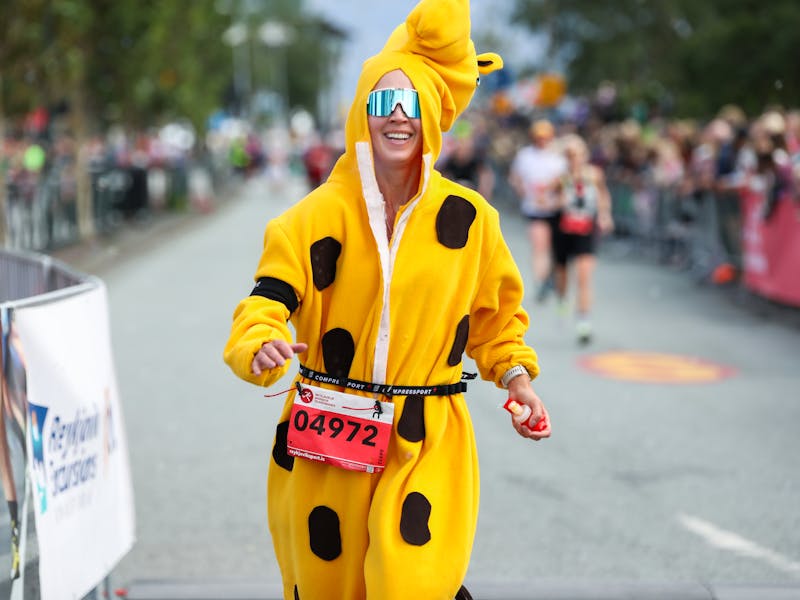
The Islandsbanki Reykjavik Marathon takes place in August. The average temperature for this time of the year is about 14,5ºC or 58ºF which is ideal for running a marathon!
Iceland enjoys a much milder climate than its name and location adjacent to the Arctic circle would imply. A branch of the Gulf Stream flows along the southern and the western coast greatly moderating the climate. However, this brings mild Atlantic air in contact with colder Arctic air resulting in a climate that is marked by frequent changes in weather and storminess. Furthermore this leads to more rainfall in the southern and western part than in the northern part of the island.
The summer tourist season is from late May to early September. During the first half of this period the sun stays above the horizon for almost 24 hours and the interplay of light and shadows on mountains, lava fields and glaciers yield an ever changing landscape. However, even during the middle of summer the sky is frequently cloudy or overcast and the sunshine does not warm the air much. Hence, during daytime, the air is usually cool ("refreshing" is the local euphemism) and cold during night-time.
The winter season is the period of long nights, and severe winter storms. However, the silence of the frozen expanse and the dance of the Aurora Borealis on a clear night sky draw an increasing number of tourists.
During summertime tourists should bring a windbreaker, rainwear, a thick pullover (wool or fleece) and sturdy walking shoes. Travelers who are camping or heading into the interior will need warm underwear and socks, rubber boots and a warm sleeping bag. During the wintertime tourist should bring warm clothing, a warm coat, mittens etc. But remember that Iceland has many swimming pools, usually with geothermally heated water. Hence, in either season a visitor should bring a swimsuit and not worry too much about being cold.













